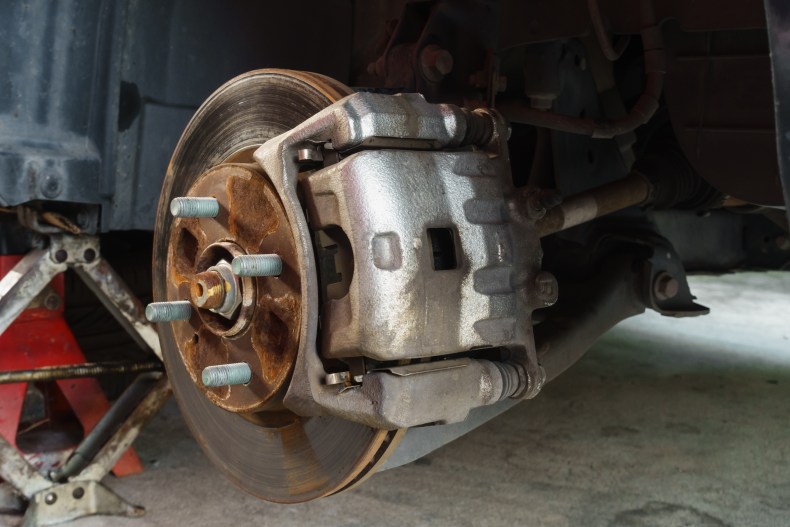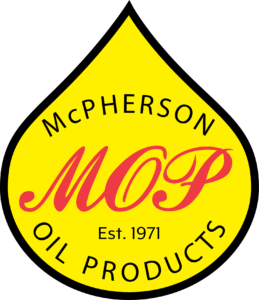Preventing Oil Oxidation
01 Jul 2019, Posted by in GeneralOxidation occurs when the addition of O2 changes the chemical substance. Think about an apple – when you bite into an apple and leave it out, why does it turn brown? Oxidation.

Oil isn’t immune to this process. Once a viable lubrication tool, the oil is now just sludge that causes havoc on your engines and equipment systems. As oxygen reacts with oil, a permanent chemical change occurs, causing oil molecules to lose electrons. Sounds small, but when you consider the issues it can cause – formation of sludge, increase viscosity, additive depletion, accelerated depletion – oxidation becomes a big issue.
While the rate of oxidation increases with time, it can also be accelerated by high temperatures, water, acids and other catalysts like copper. For example, for every 18 degrees F temperature increase, the oxidation rate doubles.
So, how can you control oxidation? Minimizing the availability of air and controlling the temp. While heat doesn’t cause oxidation, it can speed it up. If heat reduction is hard to achieve in your environment, controlling the air stability may be the best option. Here are some tips to help you eliminate oxidation in your lubricants:
Air Control
Make sure fittings are tight in circulating lubrication systems. Air can leak into lubricants through loose connections. Once oxygen gets into a lubricant, it won’t take long for the O2 and hydrocarbons to interact. Keep bearings seals in good shape as well.
As for reservoir systems, keep a positive pressure. Using gases with low reactivity such as nitrogen prevents air from entering. Using oil mist may also be an option as the temps are low enough to prevent the separations of oxygen atoms.
Heat Control
Check your viscosity grade. Low viscosity is thinner, allowing metal to metal contact. This generates friction and results in energy from the produced heat. High viscosity can lead to a similar problem. If you are not sure which viscosity to use in your systems, check your manuals or contact us so we can ensure the correct lubricant for your system.
Equipment vibration should also be considered. Excess vibration can occur for many reasons, causing increased metal to metal contact and heat. Also, look for ways to prevent or limit external hear where possible.
While you can’t control every factor to prevent oxidation from occurring, you can slow it down. Machine lubricants can live a long life in your systems, decreasing downtime and improving production rates.
With over 40 years experience in the field, McPherson Oil offers Industrial Engineering Services. Our Industrial Services team has the experience and skills to analyze your lubrication needs and challenges and work with your team to develop workable and cost effective solutions. Contact us today to learn more.
McPherson Oil is an Authorized Distributor of ExxonMobil products in the southeast including Alabama, Georgia, Tennessee, Arkansas, Greater New Orleans Ares, Florida Panhandle and MIssissippi Gulf Coast.
Source: Machinery Lubrication Magazine
